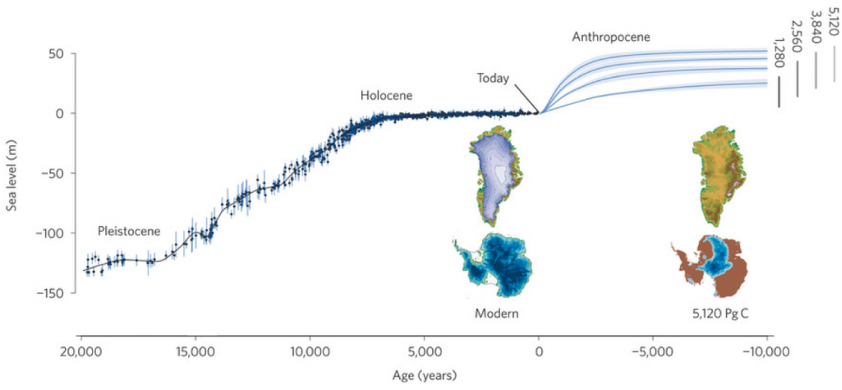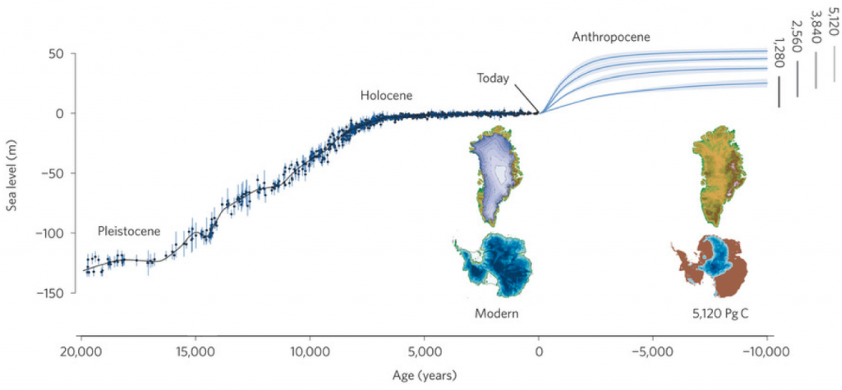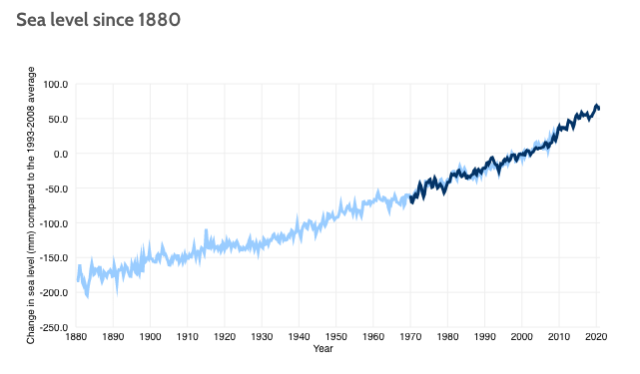Old Man Jingles
Rat out of a cage
Sea Level History

Climate Feedback's Misleading Claims - Stossel TV
A group called “Climate Feedback,” which has power to censor videos on Facebook, recently deemed a Stossel TV video “misleading” and “partly false.” The video, “Are We Doomed,” had received...Read More
-----------------------------------------------------------
David Legates, professor of geography at the University of Delaware:
“water has been rising for approximately 20,000 years, and probably will continue.”
“water has been rising for approximately 20,000 years, and probably will continue.”
Climate Feedback’s Claim:
“[That’s] imprecise and misleading … it implies sea levels have continued rising since then …”Reality:
Sea levels HAVE continued rising. The fact-checkers’ own sea level graphs show that, even if the increase over the last 6,000 was slower.Here’s Climate Feedback’s source for the last 20,000 years:

Climate Feedback also asserts that “in the last 6,000 years, global sea level was stable … until an increase in the rate of sea-level rise 100–150 years ago.”
But their own source shows it rose about 10 feet over the last 6,000 years. [p.15301 of this PNAS academic source, the source that Climate Feedback’s source cites for its data, per its footnote 60.]



